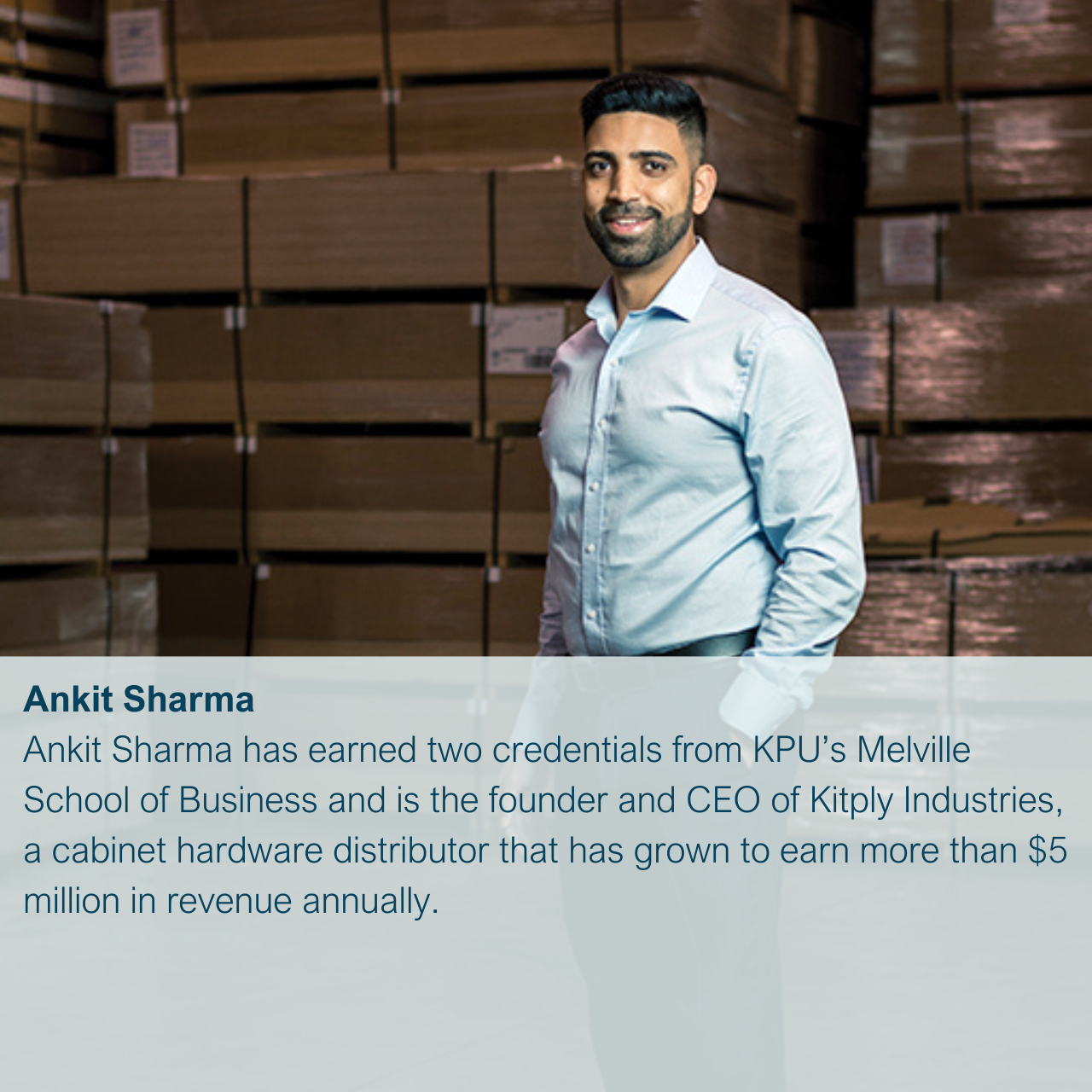Lifelong Learning for Canadians
Economic disruption and technological advances make lifelong learning increasingly urgent. Polytechnics are ready partners, offering a range of upskilling, reskilling and corporate training to meet evolving workforce needs.
For employers, polytechnics offer expert-led, industry-specific training for their high-performance talent, making them the external training providers most trusted by Canadian employers.
For workers, polytechnics offer retraining opportunities for every stage of their career, allowing them to build relevant new skills over time. This is why employees say polytechnics are their most appealing external training option.
Employers who have previously used polytechnics and institutes of technology for upskilling and reskilling point to the following benefits:
- Increased productivity
- A more resilient workforce
- Addressed skills gaps
- Improved competitiveness
- Eased economic recovery
- Enhanced workforce retention
- Smoother internal workforce transitions
- Improved employee relationships
The Polytechnic Solution
Cost is the main reason Canadians do not pursue training. 96% of workers are unaware of federal programs, like the Canada Training Benefit, that will help offset the cost of skills development

OUR MEMBERS OFFER
affordable courses at an average cost of $465
Time is the second greatest barrier to pursuing upskilling and reskilling opportunities. Workers want to be able to complete a course in less than
six months

OUR MEMBERS OFFER
flexible courses which take an average of 37 hours to complete
Over 85% of employers were satisfied with the upskilling training provided by polytechnics which resulted in improved competitiveness and workforce retention

OUR MEMBERS OFFER
nearly 20,000 courses in a variety of fields including health, manufacturing, IT and the environment
Responsive to industry needs
Polytechnics work alongside their employer partners to develop training programs to close skill gaps. They provide occupation-specific training in areas of identified need, as well as high demand training across sectors, such as digital adoption and project management. Training helps employees boost their skillset to better contribute to changing workplace requirements.
- Cyberattacks are becoming more frequent and more sophisticated. Sheridan has launched two new cyber security micro-credentials, Offensive Cyber Security and Defensive Cyber Security. These courses allow technical professionals or those with a technical background to develop the fundamental competencies required to protect their organizations
- Bio-health is the fastest growing sector of BC’s bio-economy. Although undergraduate students have a theoretical understanding of the life sciences, large class sizes prevent them from obtaining the hands-on laboratory training required for bio-health jobs. The British Columbia Institute of Technology has developed a two-week micro-credential to fill this skills gap and provide workers with specialized training critical to the bio-health sector
- Film and TV production is at a record high in Ontario, yet employers are reporting difficulty finding qualified workers. Seneca and Fanshawe College are tackling these labour shortages together by offering eight film and TV micro-credentials so workers have the skills needed to operate the latest technologies
Delivering skills to remain competitive
To stay relevant in a constantly changing landscape, workers need to be able to modernize their skills, adopt new technology and help their organizations innovate. Polytechnics offer a variety of programs taught by industry experts using the latest equipment and state-of-the-art facilities.
- To help the workforce keep pace with advances in digital technologies, the Southern Alberta Institute of Technology develops customized corporate training in areas such as digital strategy and leadership, design thinking, blockchain solution architecture and applied machine learning leadership
- Titan Carbon Smart Technologies (Titan) came to Saskatchewan Polytechnic for help developing a biocarbon masterbatch, a more sustainable replacement for traditional carbon black used in everything from tires to paint. The applied research partnership helped Titan build a competitive advantage in their field, with a patent pending
- Algonquin College now offers an online Trades Entrepreneurship program designed to provide tradespeople with the skills needed to manage or improve a small- or medium-sized business, or start their own
Flexible training solutions
Whether you are looking for a half-day workshop or an intensive certificate program, polytechnics are agile solution providers for a changing career landscape. Training works around individual schedules or can be customized to an employer’s specific needs.
- Don’t know where to start? Conestoga College’s training consultants work with employers to identify organizational skill gaps. Hands-on skill assessments are conducted by industry experts who then work collaboratively to develop tailored training on an employer’s schedule
- With a focus on recognizing existing skills, the Northern Alberta Institute of Technology offers direct credentials, an approach to skills assessment that identifies skills gaps upfront. This both decreases training time and is more cost-effective for employers and their staff
- As the demand for electric vehicles (EVs) surges, the demand for technicians is growing. George Brown College offers a 32-week EV Technician certificate program that students can complete at their own pace — a great option for working professionals looking to upgrade their skills without needing to leave the workforce
Facilitating workforce transitions
The ability to retrain and re-deploy workers is paramount to Canada’s success. Polytechnics understand careers are no longer linear and provide opportunities to cross-train high-performance employees or prepare displaced workers for new fields.
- Red River College Polytechnic’s Construction Management degree program provides opportunities to enter the workplace sooner by giving learners three exit points. Each exit point pertains to different levels of certification, allowing them to upskill for management roles or obtain a full Bachelor’s degree
- Targeted at those who need their prior training and skills verified and recognized, Humber Polytechnic’s RapidSkills Advanced Manufacturing micro-credential prepares learners in just 19 weeks. Advanced manufacturing employers also use this course to transition high-potential employees into new roles
- Kwantlen Polytechnic University is addressing acute healthcare labour shortages by retraining internationally educated nurses. The Graduate Nurse, Internationally Educated Re-entry program prepares learners to practice in Canada by ensuring they are able to demonstrate the fundamental skills needed to pass Canadian licensure and communicate with patients
Meet the High Performers
High-performance workers need high-quality training opportunities. Polytechnic alumni possess the skills needed to hit the ground running and make a lasting impact. See for yourself:
The data and statistics cited on this page relate to research conducted by Leger (2022) on behalf of Polytechnics Canada to assess the upskilling and reskilling attitudes of Canadian workers and their employers.




